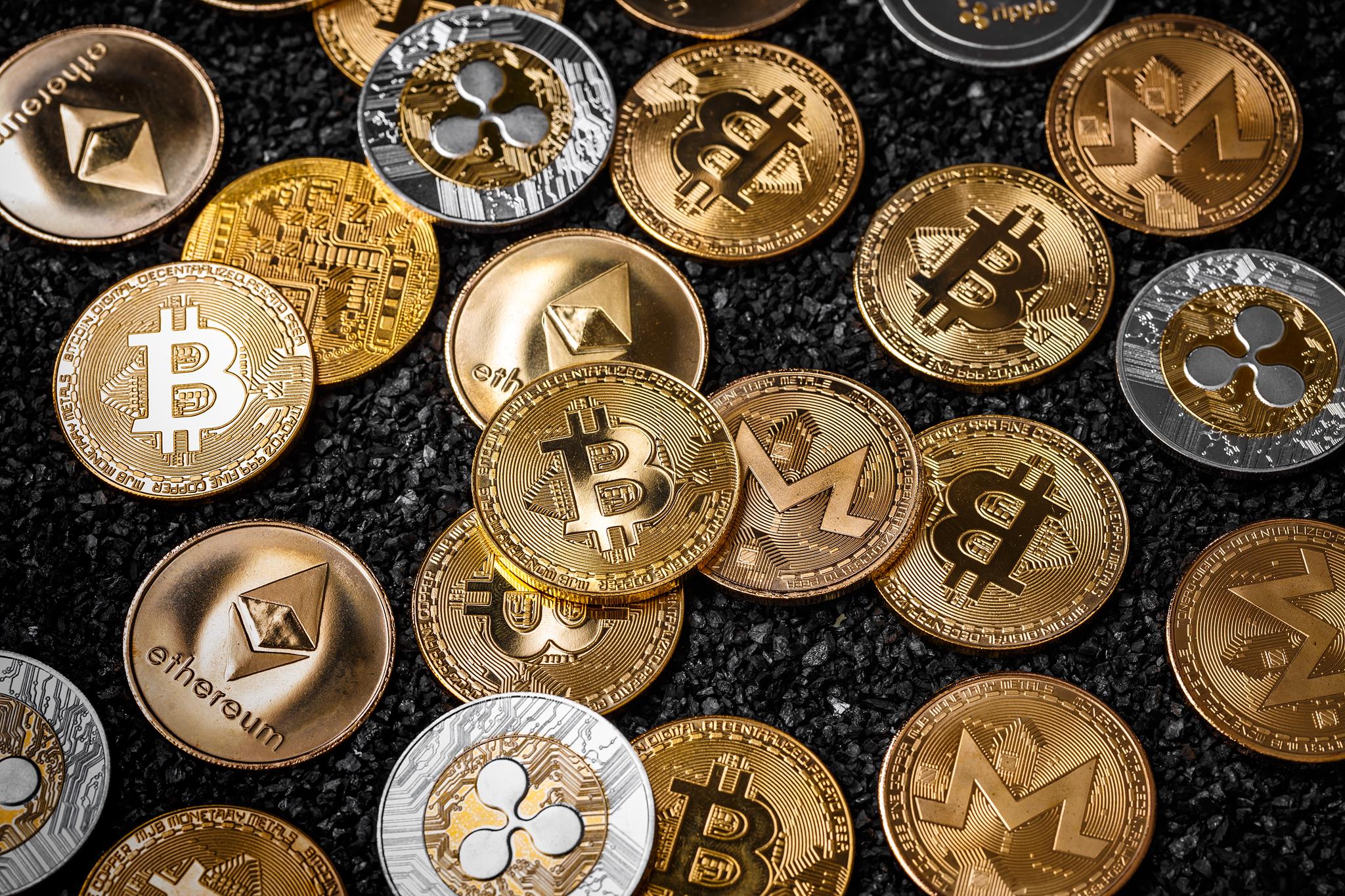Cryptocurrency
By accepting all cookies, you agree to our use of cookies to deliver and maintain our services and site, improve the quality of Reddit, personalize Reddit content and advertising, and measure the effectiveness of advertising.< https://asacentre.com/ /p>
We often call this “free crypto”, but you are “paying” for it in some way or another with your time, data, ads, and so forth. Some of these are passive earners, like Brave, others require your active participation like Cointiply.
Step 4: This is the peak of investment, and might take you years to come to. You can then start looking into higher risk investments like DeFi Protocols. The latter are pretty insane mechanisms that can return more than 100% APY in farms, pools, but note that these liquidity pools are subject to this risk called impermanent loss. Allocate 1-5% of what you’re willing to risk. E.g, pancakeswap, pancakebunny, apeswap are some protocols you can look into!
Looking back I see how much money I lost out on from not holding onto my coins, and instead switching between coins. I was heavy in UNi when it was about $3. I sold around $4 but now it’s at $20. Same with Atom, ALGO, and XTZ. Sure I still made a good return, but I could have made an almost 1000% return if I would have just held it in any one of those (minus XTZ).
FoldApp- The app allows you to purchase gift cards (often in specific dollar amounts) for merchants and pay for your purchase with the gift card which then you earn BTC rewards. On their website they are promoting their crypto back visa, but via the app you can still earn BTC the original way.
Cryptocurrency trading platform
Incorporated in the Cayman Islands, BitMart has established itself as a leading trading venue for small and mid-cap cryptocurrencies. BitMart offers more assets and trading pairs than its market-leading peers, so Investors looking to add newly launched or obscure crypto assets to their portfolios will likely find what they are looking for on this exchange.
Coinbase is our pick for the best crypto exchange for beginners because it offers a large number of supported cryptocurrencies, strong security, and advanced trading options, all on an easy-to-use platform.
Incorporated in the Cayman Islands, BitMart has established itself as a leading trading venue for small and mid-cap cryptocurrencies. BitMart offers more assets and trading pairs than its market-leading peers, so Investors looking to add newly launched or obscure crypto assets to their portfolios will likely find what they are looking for on this exchange.
Coinbase is our pick for the best crypto exchange for beginners because it offers a large number of supported cryptocurrencies, strong security, and advanced trading options, all on an easy-to-use platform.
When buying and selling crypto, standard safety features like two-factor authentication should be the baseline. More robust measures, like identity verification, SOC-2 certification, and user insurance, add further protection against theft and fraud. We like Gemini as an exchange with enhanced safety and security measures.
Unlike traditional brokerage firms, cryptocurrency exchanges are not members of the Securities Investor Protection Corp. (SIPC). Therefore, unless user terms specify otherwise, investors with cryptocurrency assets commingled on a custodial cryptocurrency exchange could potentially lose their funds as unsecured creditors.
Cryptocurrencies
Cryptocurrencies promise to make transferring funds directly between two parties easier without needing a trusted third party like a bank or a credit card company. Such decentralized transfers are secured by the use of public keys and private keys and different forms of incentive systems, such as proof of work or proof of stake.
In Russia, though owning cryptocurrency is legal, its residents are only allowed to purchase goods from other residents using the Russian ruble while nonresidents are allowed to use foreign currency. Regulations and bans that apply to bitcoin probably extend to similar cryptocurrency systems.
According to Vanessa Grellet, renowned panelist in blockchain conferences, there was an increasing interest from traditional stock exchanges in crypto-assets at the end of the 2010s, while crypto-exchanges such as Coinbase were gradually entering the traditional financial markets. This convergence marked a significant trend where conventional financial actors were adopting blockchain technology to enhance operational efficiency, while the crypto world introduced innovations like Security Token Offering (STO), enabling new ways of fundraising. Tokenization, turning assets such as real estate, investment funds, and private equity into blockchain-based tokens, had the potential to make traditionally illiquid assets more accessible to investors. Despite the regulatory risks associated with such developments, major financial institutions, including JPMorgan Chase, were actively working on blockchain initiatives, exemplified by the creation of Quorum, a private blockchain platform.

Cryptocurrencies promise to make transferring funds directly between two parties easier without needing a trusted third party like a bank or a credit card company. Such decentralized transfers are secured by the use of public keys and private keys and different forms of incentive systems, such as proof of work or proof of stake.
In Russia, though owning cryptocurrency is legal, its residents are only allowed to purchase goods from other residents using the Russian ruble while nonresidents are allowed to use foreign currency. Regulations and bans that apply to bitcoin probably extend to similar cryptocurrency systems.
According to Vanessa Grellet, renowned panelist in blockchain conferences, there was an increasing interest from traditional stock exchanges in crypto-assets at the end of the 2010s, while crypto-exchanges such as Coinbase were gradually entering the traditional financial markets. This convergence marked a significant trend where conventional financial actors were adopting blockchain technology to enhance operational efficiency, while the crypto world introduced innovations like Security Token Offering (STO), enabling new ways of fundraising. Tokenization, turning assets such as real estate, investment funds, and private equity into blockchain-based tokens, had the potential to make traditionally illiquid assets more accessible to investors. Despite the regulatory risks associated with such developments, major financial institutions, including JPMorgan Chase, were actively working on blockchain initiatives, exemplified by the creation of Quorum, a private blockchain platform.
